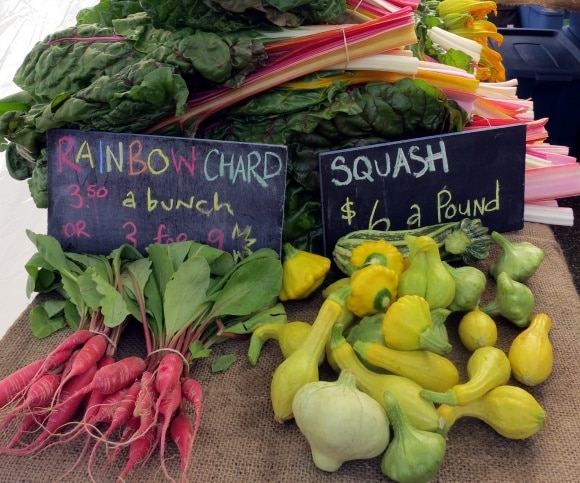Virtual Food Connections: Food Security in Rural and Remote Communities
A Recap of a Day-Long Provincial Webinar on Food Security
To open the one-day web conference on November 19, 2014, Dr. Paul Hasselback, Island Health Medical Health Officer, shared how food security “exists when all citizens obtain a safe, personally acceptable, nutritious diet through a sustainable food system that maximizes healthy choices, community self-reliance and equal access for everyone.”
The diversity of presentations and comments shared during the Virtual Food Connections webinar suggest that this looks very different depending on the local community context. For some, it conjures the image of a beach that could one day be restored for clam digs, for another, a good Farm to School program, and another, the conservation and proper management of the Agricultural Land Reserve.
As Jessie Hemphill, Councillor for Port Hardy, made clear in her presentation, individuals and communities may have their own needs and priorities, but we all need to work together to reach our goals of what food security means to us.
What became clear throughout the day, in hearing from academic, First Nations, local government, and community perspectives, are the countless connections involved in food security work. To begin with, we have connections between people and the land and water surrounding us; producers and consumers; infrastructure for storing, shipping and distributing food; citizen ties to government and policy makers over food-friendly policies that support access, production, and rights to food gathering; and, we also have ties to each other to ensure that we all have access to healthy and nutritious food. The dimensions, considerations, and level of complexity is immense and almost indigestible!
So why did over a hundred participants tune in to a day-long webinar on food security with peers in rural and remote communities across the province? Because they believe that their collective action will impact the way we all think about food; how we need to understand the food system, whom it benefits, whom it leaves hungry, how it impacts our ecosystems, and how it needs to adapt as the climate changes.
By the end of the day, it was easy to see that rural and remote communities have an abundance of assets when it comes to building food security, from wild food sources to agricultural land, individual skills and passion, and the local know-how required to coordinate efforts. Food brings us together, and when we share food, we share resources, responsibility, and the potential to create relationships that produce incredible results.
The Virtual Food Connections Web Conference was presented by Island Health, in partnership with BCHC through the PlanH Program. To view resources, presentations and the recording, please click here.





